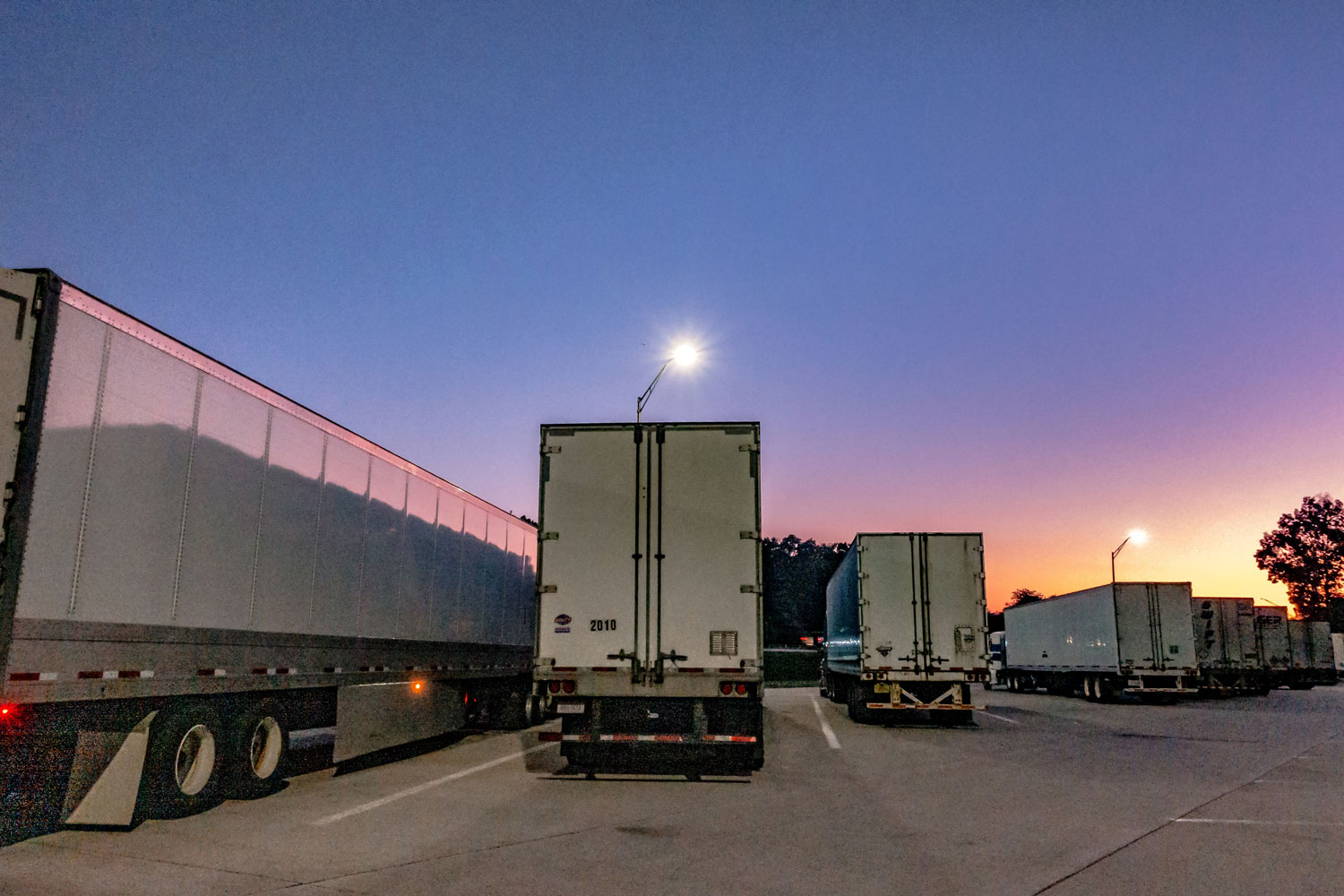The Compliance Hub will be live again in 2026!
Thank you for your patience whilst we improve our website, for any urgent queries, plesae call Ridgeway Training on 01293 535850 or email us here.

Thank you for your patience whilst we improve our website, for any urgent queries, plesae call Ridgeway Training on 01293 535850 or email us here.
